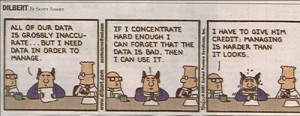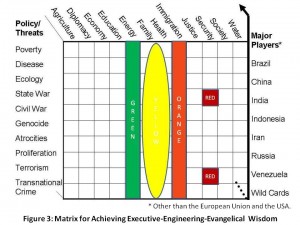
Johann Hari: The three fallacies that have driven the war in Afghanistan
Case for escalating the war is based on premises that turn to dust on inspection
Johann Hari Independent Wednesday, 21 October 2009
Is Barack Obama about to drive his Presidency into a bloody ditch strewn with corpses? The President is expected any day now to announce his decision about the future of the war in Afghanistan. He knows US and British troops have now been stationed in the hell-mouth of Helmand longer than the First and Second World Wars combined – yet the mutterings from the marble halls of Washington DC suggest he may order a troop escalation.
Obama has to decide now whether to side with the American people and the Afghan people calling for a rapid reduction in US force, or with a small military clique demanding a ramping-up of the conflict. The populations of both countries are in close agreement. The latest Washington Post poll shows that 51 per cent of Americans say the war is “not worth fighting” and that ending the foreign occupation will “reduce terrorism”. Only 27 per cent disagree. At the other end of the gun-barrel, 77 per cent of Afghans in the latest BBC poll say the on-going US air strikes are “unacceptable”, and the US troops should only remain if they are going to provide reconstruction assistance rather than bombs.
Continue reading “Journal: Demise of Obama in Afghanistan Part II”







